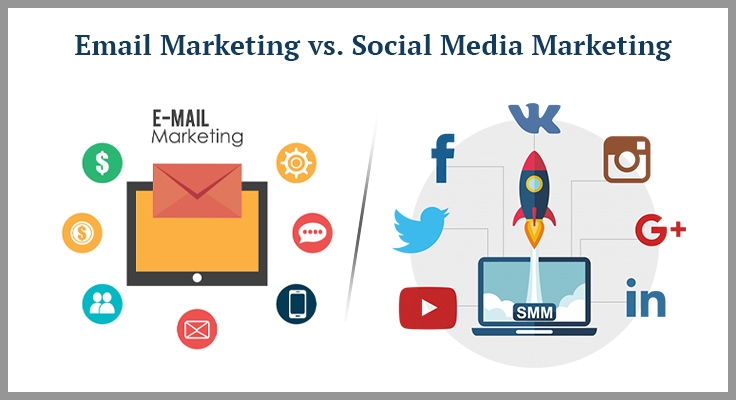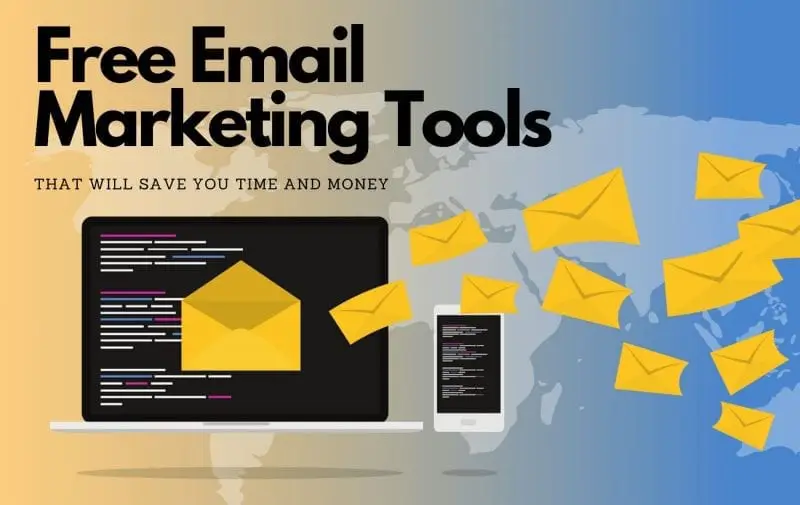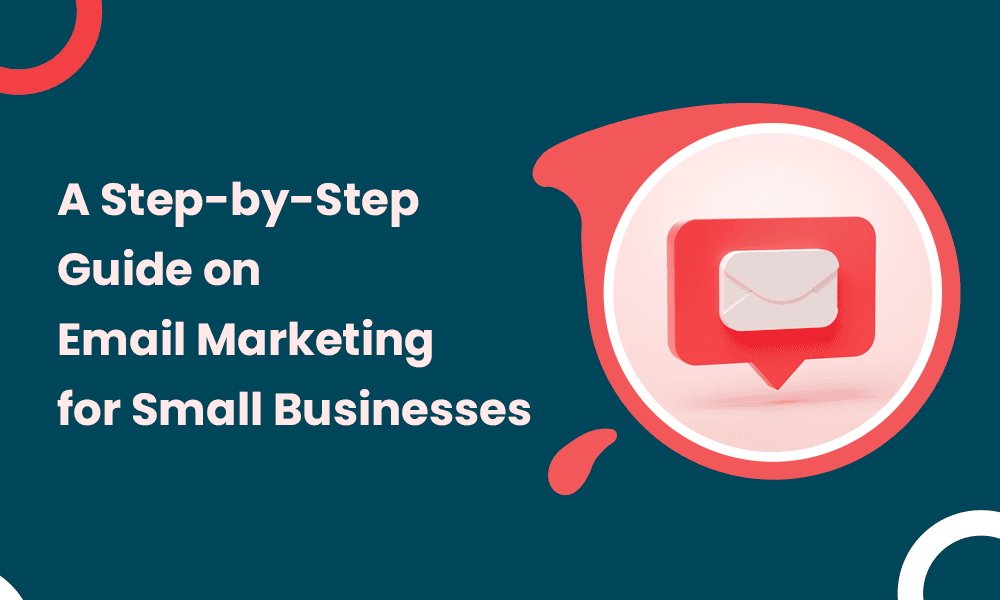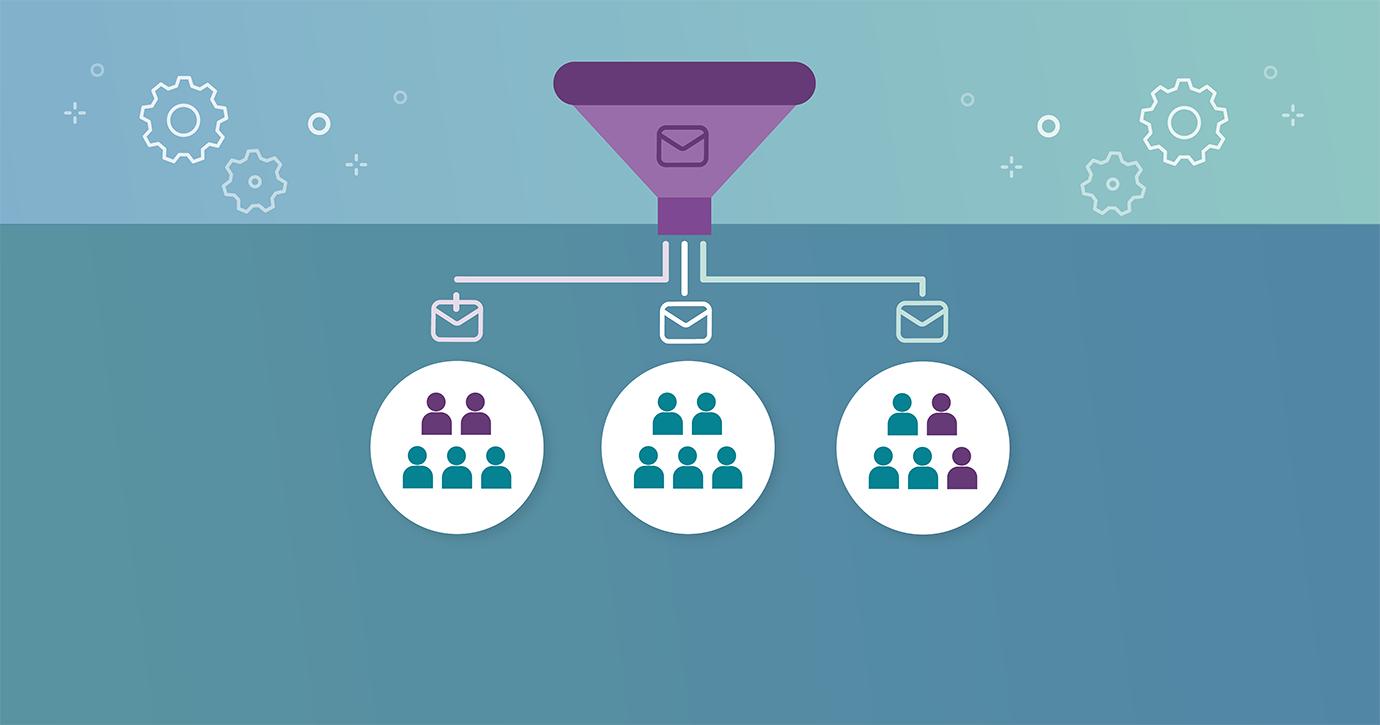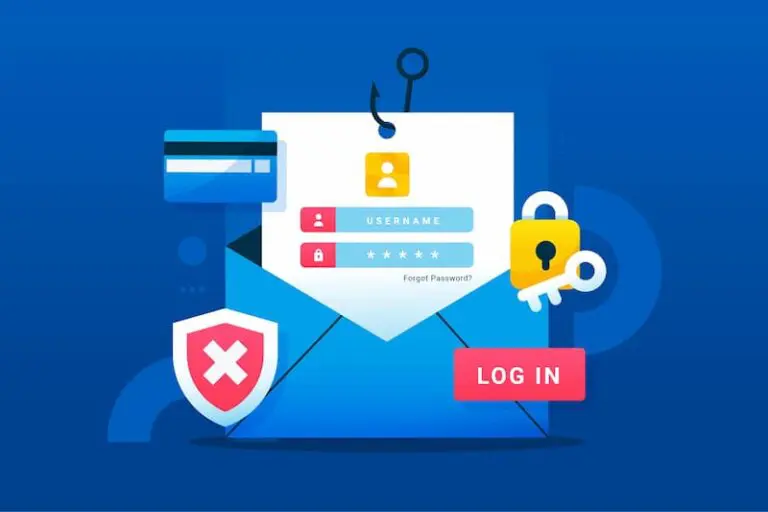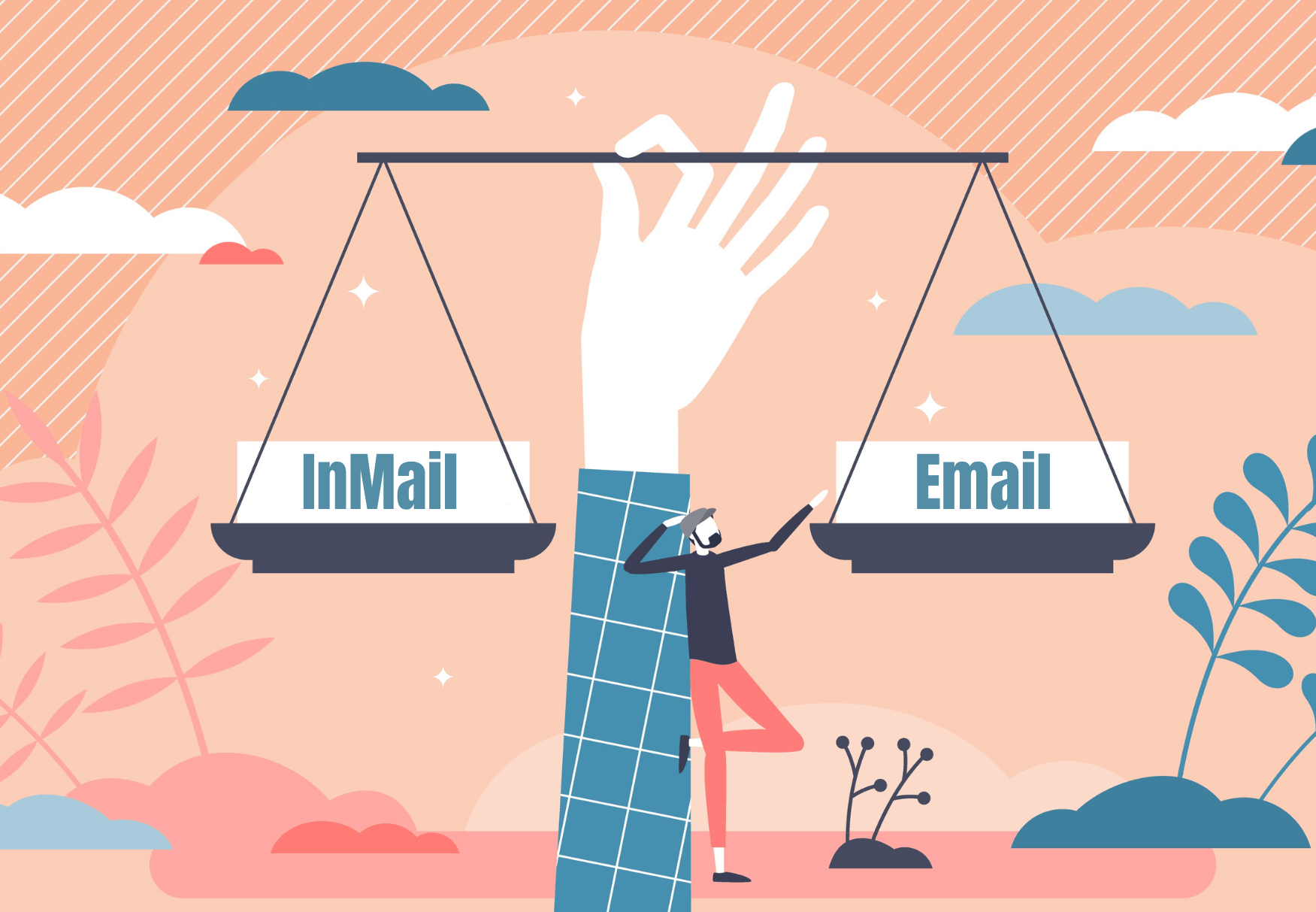B2B email marketing is a proven strategy to generate leads, nurture relationships, drive conversions, and build long-term business connections. But with every company trying to do the same, your emails must stand out in an increasingly crowded inbox.
This guide explores 13 examples of highly effective B2B email marketing, along with actionable best practices to help you craft compelling, high-performing campaigns.
What Is B2B Email Marketing?
B2B (business-to-business) email marketing involves promoting your product or service to other businesses via email. It includes newsletters, automated drip campaigns, and one-off promotional sends—all aimed at educating, converting, and retaining other companies as customers.
While B2B marketing once had a reputation for being dry and formal, modern businesses are now embracing creativity and a human-centric tone. These examples below demonstrate how you can do the same.
1. Welcome Emails
Best Practice: Use this high-engagement moment to introduce your brand, set expectations, and offer value.
Example: MarketingSherpa sends a personalized welcome with options to choose from different newsletters, helping segment their audience from the start.
2. Event Newsletters
Best Practice: Promote upcoming events before they happen and follow up after with key takeaways or recordings.
Example: Webflow’s pre-event email guides readers on what to expect and how to register. Post-event emails can include highlights and feedback surveys.
3. Survey Emails
Best Practice: Ask for feedback at key moments, like after trials or webinars. Use responses to improve service and segment your audience.
Example: Zapier sends surveys post-free trial to understand drop-offs and tailor future communication accordingly.
4. Product Announcements
Best Practice: Keep your audience informed of product updates or new features with clear, benefit-oriented messaging.
Example: Local uses an announcement email to spotlight new tools with bold CTAs encouraging users to download the latest version.
5. Exclusive Content
Best Practice: Share reports, guides, or research that helps your audience solve problems or stay informed.
Example: Grammarly’s business communication report and DigitalMarketer’s downloadable guides offer subscribers exclusive value while subtly promoting their tools.
6. Webinar Invitations
Best Practice: Highlight the value and outcomes of attending. Use urgency and follow up with recordings.
Example: Data.ai markets its webinars by emphasizing practical takeaways and includes reminders as the deadline approaches.
7. Re-engagement Campaigns
Best Practice: Try win-back strategies using reminders, incentives, and urgency. End with a polite farewell if there’s no engagement.
Example: Grammarly uses clever visuals and a red CTA to re-attract dormant users, gently nudging them to re-engage.
8. Cross-Promotion
Best Practice: Link your readers to useful content on other platforms—blogs, social, YouTube—based on their interests.
Examples: Inside Design shares curated articles while Upwork offers broad inspiration, both aiming to drive multi-channel engagement.
9. White Paper Distribution
Best Practice: Position yourself as a thought leader by sharing in-depth white papers tackling industry trends or challenges.
Example: Merkle’s white paper on post-COVID consumer behavior establishes credibility and relevance in a timely topic.
10. Case Study Emails
Best Practice: Showcase real-world success stories and outcomes your customers achieved using your product or service.
Example: Animalz begins its case study with a bold hook and jumps straight into storytelling, making the content feel personal and engaging.
11. Tips and Tricks
Best Practice: Support customer success post-sale with practical usage tips and ongoing education.
Example: Asana sends helpful onboarding advice, boosting user adoption and satisfaction by making users more effective.
12. Industry News Updates
Best Practice: Curate timely and useful updates to become a trusted source of industry news and stay top-of-mind.
Example: Smash Digital’s SEO roundup avoids promotional language, offering real value while building authority and brand trust.
13. Training and Tutorials
Best Practice: Offer comprehensive learning experiences to support your customers’ skill development—and promote your tools.
Example: Semrush promotes a free competitor research course that both educates and introduces users to its platform’s value.
Final Thoughts
B2B email marketing works best when you focus on relevance, personality, and value. From welcome emails to re-engagement campaigns, these examples show that with the right tone, structure, and strategy, you can connect with business audiences in impactful ways.
Ready to start? Build your first campaign using automation, segmentation, and powerful content—no fluff, just results.
